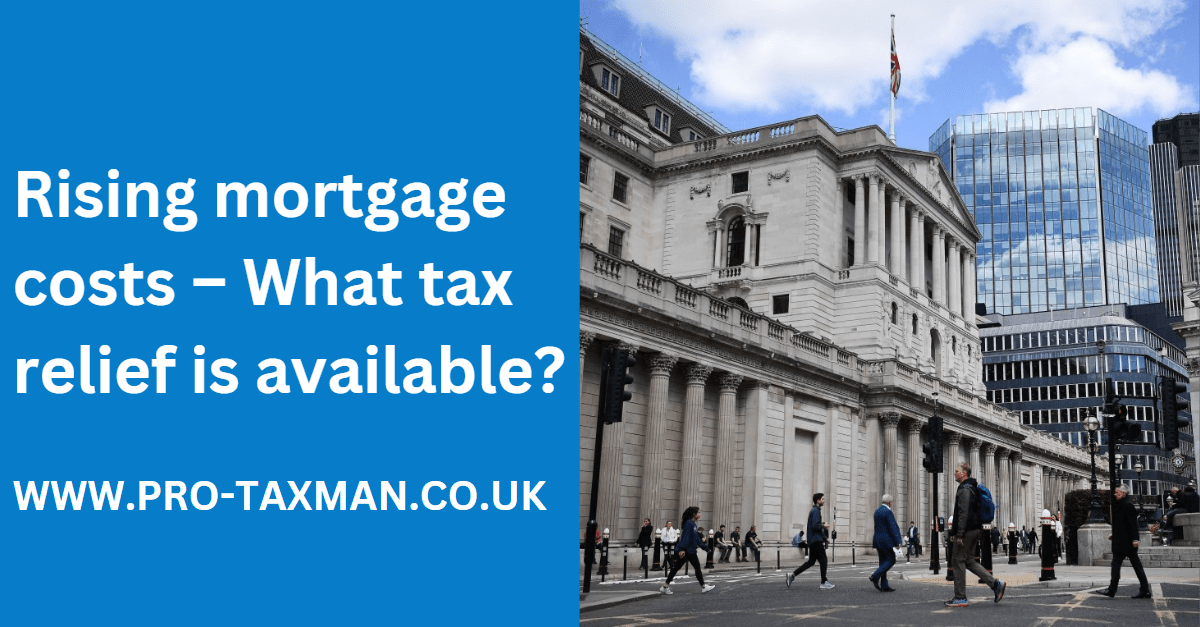In a climate of interest rate hikes and rising mortgage rates, property investors will want to ensure that they do not miss out on tax relief where it is available. The rules that provide relief for interest and finance costs depend on the type of let, and the rules on traditional residential lettings are now much less generous than they have been in the past. Where a landlord has a mortgage on a let property, tax relief is only available for the interest, not for any capital repayments.
Unincorporated landlords letting residential property obtain relief for interest and finance costs as a basic rate tax reduction. This means that the landlord can deduct 20% of their interest and finance costs from the tax that they owe on their rental profits.
If the profit is less than the interest costs or the profit is sheltered by the personal allowance, the basic rate reduction is capped at20% of the lower of:
- finance costs not deducted in the tax year;
- profits of the business for the tax year; and
- total income that exceeds the personal allowance for the year.
This prevents the tax reduction from generating a tax repayment – at best it can reduce the tax bill to nil if the taxpayer is a basic rate taxpayer. Any unrelieved interest costs can be carried forward to the following year.
Non-residential lets
Different rules apply to landlords letting commercial property. Regardless of whether the landlord is an unincorporated landlord or a property company, they can deduct the interest and finance costs in calculating the profit for the property business. The costs can be deducted in full, even if this results in a loss. This means that an unincorporated landlord letting non-residential property will receive relief for mortgage interest and other finance costs at his or her marginal rate of tax, whereas if the landlord lets residential property, relief is restricted to the basic rate.
Furnished holiday lets
Furnished holiday lets have their own set of rules and enjoy a more generous tax regime than that for residential lets. Where a landlord has a mortgage on a furnished holiday let, they can deduct the interest and other finance costs in full in calculating the profit or loss of the furnished holiday lettings business. Consequently, relief is given at the landlord’s marginal rate of tax.
Corporate landlords
Where the property business is operated through a company, regardless of the type of let, interest and finance costs can be deducted in full in calculating the company’s profit or loss for tax purposes. As a result, relief is given at the corporation tax rate, which for the financial year 2022 (running until 31 March 2023) is 19%.
Need professional accounting service or accounting advice? Contact us to book a 15-min Free Consultation with us today.
To find out more please follow us on Facebook, Twitter, or LinkedIn. Feel free to contact us on 0333 006 4847 or request a call back by texting 075 6464 7474

